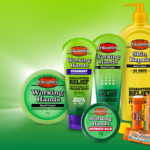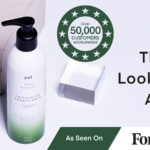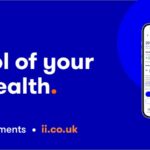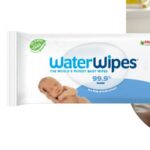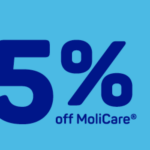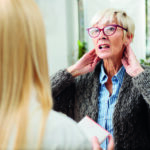Don’t forget about your local pharmacy when stocking up on essentials, from medicines and make-up to perfume and personal hygiene, as Claire Muffett-Reece explains
Your local pharmacy has a multitude of over-the-counter medicines available to buy to treat all manner of aches, pains and discomforts. But what do you do if your favourite brands are not in stock? Did you know there are often unbranded alternatives? It is easy to overlook these items, but you can always turn to the pharmacist for advice and they will point you in the direction of a suitable replacement.
With this in mind, shop wisely when visiting your community pharmacy, asking for help whenever needed. You’ll be able to pick up a host of medicines by browsing the aisles, from pain relief and allergy alleviators, to stomach complaints including indigestion, heartburn, constipation and diarrhoea.
There are also products to help with blocked ears, eye infections, anti-fungal treatments for athlete’s foot – and everything you can practically think of when it comes to first aid. From plasters and antiseptic lotions, to thermometers and alcohol-free cleansing wipes, your pharmacy team are on hand to help with any advice.
Health hub
Your local pharmacy should also be seen as a health and wellbeing hub in the heart of your community, so make sure you turn to the team if you have any health or fitness concern you’d like to address. For a start, they stock plenty of vitamins and minerals to help your body work properly and stay the healthiest it can be. They’ll sometimes offer healthy snacks and low-sugar food options to keep you on a fit and healthy path, not to mention advice and products for helping you lose weight if you’re struggling to maintain a good BMI. Found in the form of weight loss supplements, slimming aids and meal replacement alternatives, you must speak to a member of staff about these to ensure it’s the right course of action for you as an individual.
Personal hygiene and beauty
Make sure you check out all the cleansing products available on the shelves. Hand and body soaps, shower gels and bathing products are all easily accessible – not to mention affordable – and while you’re there pick up any supplies of anti-perspirant, body moisturiser, and emollients to soothe sore, itchy skin.
Speaking of skin – did you realise you can also buy many of your favourite face creams and beauty essentials from your high street pharmacy? Cleansers, toners and moisturisers, as well as night creams, face masks and anti-wrinkle treatments, are all at your fingertips once you walk through the door.
Intimate hygiene is also an area your pharmacy can offer products and advice, from menstruation essentials to bladder disfunction and thrush or cystitis relief. And don’t forget about protecting your skin with sun cream over the summer months (the sun’s rays in the UK can be just as dangerous as they are abroad).
Infants and children
Looking after little ones, from babies to adolescents, is a lot of work – so visit your pharmacy for convenience as well as expert advice! For tots, nappies, baby wipes, nappy sacks and formula are all available, not to mention any treatments you might need for ailments including colic, cradle cap, fever and teething. You can also pick up baby bottles, sterilising solution and equipment, and even baby bathing products to cover all your infant needs.
Then there’s the other complaints your children might suffer from as they grow. Your pharmacy team are experts at identifying and offering treatment advice on chicken pox, headlice, verruca worries and fever concerns, all the way up to acne issues as they hit their teens.

Get grooming!
It’s time to head over to your community pharmacy so you can look good from top-to-toe. From necessities such as tooth hygiene and haircare, to make-up, nail varnish and perfumes, you’ll find a wide range to choose from to get you back to your pre-lockdown best. Men also have a host of grooming products on offer. Hair loss advice is available with supplements to help, not to mention razors, skincare, men’s hair dye and aftershave.

Which medicines can cause drowsiness?
Some over-the-counter (OTC) medicines have the potential to make people feel sleepy. These include medicines that might be taken for allergy relief e.g. hayfever; cough; to prevent nausea e.g. travel sickness; and sleep remedies. It is important to always read the label as this will help you identify medicines liable to cause drowsiness.
Antihistamines are the most common cause of drowsiness.
There are two main types:
✚ first generation (sedating) – can only be bought under the supervision of a pharmacist and are kept behind the counter.
✚ second generation (non-sedating) – have less potential to cause drowsiness.
Although this drowsiness can have a beneficial effect, such as helping someone sleep if they are suffering from a cough, it can also present a risk, particularly for people’s ability to drive safely.
Is everyone affected in the same way?
No. Some people are more sensitive than others to the particular ingredients known to cause drowsiness. There is increasing understanding that there is a genetic link and that some people metabolise the ingredients differently. However, it isn’t possible to predict how an individual will be affected at the point of taking the medicine: external factors such as taking more than one OTC medicine at the same time and drinking alcohol can also increase the risk of drowsiness. It is also important to note that illness itself can be a distraction for drivers if symptoms are not treated. People should ask their pharmacist for advice on choosing a suitable product.
Labelling and regulation
Medicines labelling is regulated and approved by the Medicines and Healthcare Products Regulatory Agency (MHRA). Products that have the potential to cause drowsiness have to display a warning statement on the back of the pack. This reads: “This medicine can make you feel sleepy. Do not drive while taking this medicine until you know how it makes you feel. See the leaflet inside for more information.”
Source: The Proprietary Association of Great Britain




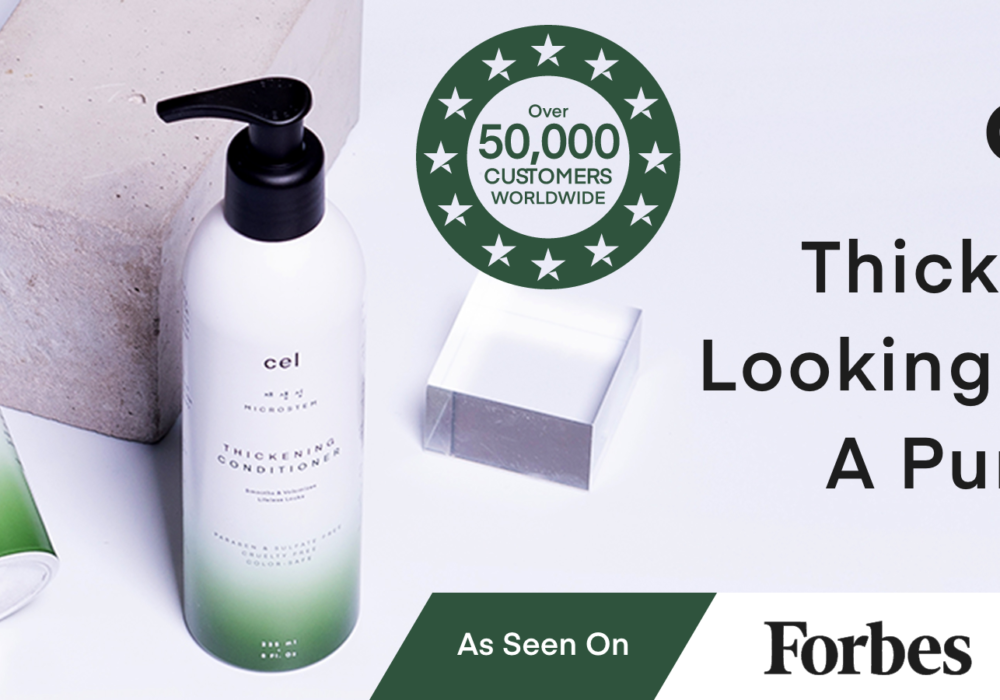








![BODi-NPA_UK-MPU_Hero-1300×450[14]](jpg/bodi-npa_uk-mpu_hero-1300x45014-1-150x150.jpg)




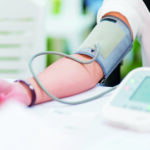









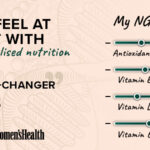








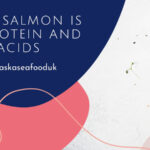



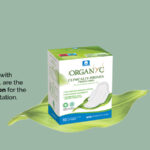

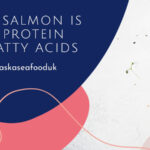


















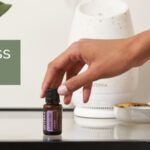

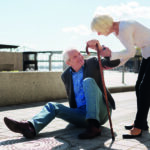










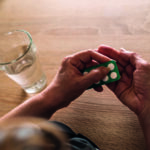












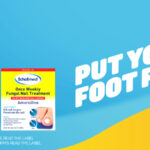


















![19150_Diageo NCP MPU Hero_1300x450px[94][42]](png/19150_diageo-ncp-mpu-hero_1300x450px9442-150x150.png)

